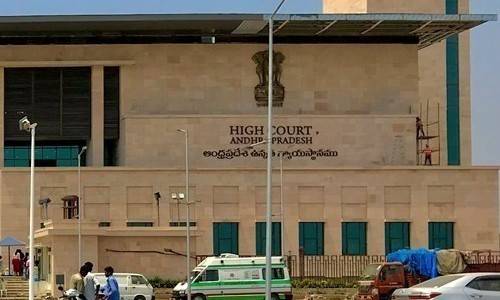
In the case of S Subrahmanyam Naidu v. V. Ramachandra Naidu, the defendant appealed the decision and judgement in the plaintiff's lawsuit for a relief of Rs. 42,96,648 plus interest at 12% per year from the date of the lawsuit till the date of the decree.
The plaintiff argued that the defendant and the plaintiff shared personal relations and were accomplished businessmen. The defendant borrowed Rs. 25,00,000 from the plaintiff for business purposes and committed to repay the money with interest at a rate of 24% per annum on September 1, 2008, when he signed the suit promissory note. However, the defendant had various justifications to avoid paying the pronote debt. Therefore, the present suit was filed.
The defendant, however, argued that contrary to what was claimed in the plaint, he never executed a pronote or received any payment. It was claimed that the plaintiff had no ability to lend such a large amount because she had previously worked for the defendant as an employee. The defendant further claimed that the lawsuit was falsified and that he had never borrowed any money. According to the allegations, the plaintiff brought the lawsuit because he was enraged with the defendant since the latter had accused him of embezzling money.
Since the defendant did not appear for cross-examination during the trial despite having submitted a written statement on his behalf, the trial court excluded the defendant's testimony from the record. Additionally, the defendant submitted an application pursuant to Section 45 of the Evidence Act to have a handwriting expert review the pronote of the lawsuit; however, because he failed to pursue the petition, it was dismissed for default.
According to the appellant's attorney, the defendant was unable to attend court because he became critically ill and was not able to travel to present his case. According to the argument, the trial court's lengthy decision may only be regarded as an ex-parte judgement under CPC Order 17 Rule 2. The Court could take into account the appellant's request and provide an opportunity to present the evidence if the decree and decision under appeal were determined to be ex-parte in nature.
According to the respondent's legal representative, the defendant's actions clearly demonstrated that he merely intended to delay the inevitable order that would be issued against him.
Justice U. Durga Prasad Rao and Justice Tarlada Rajasekhar Rao-led bench held that the defendant would typically appear in court for cross-examination and the introduction of new material unless hindered by unavoidable circumstances like illness. The Supreme Court's ruling in Prakash Chander Manchanda v. Janki Manchanda, was also pointed out by the Court as directly applying to the facts. In that case, it was decided that Order 9 Rule 13 of the CPC could be used to set aside the decision because the defendant's evidence had not been presented. And hence the court stated that "the impugned decree and judgment are only ex-parte in nature since the evidence of defendant was not adduced in this case and he failed to attend the Court…So there is no demure that in the instant case also the decree and judgment are ex-parte though the trial Court rendered an elaborate judgment. In that view also we think an opportunity should be given to the defendant to contest the suit by setting aside the impugned judgment and decree."

